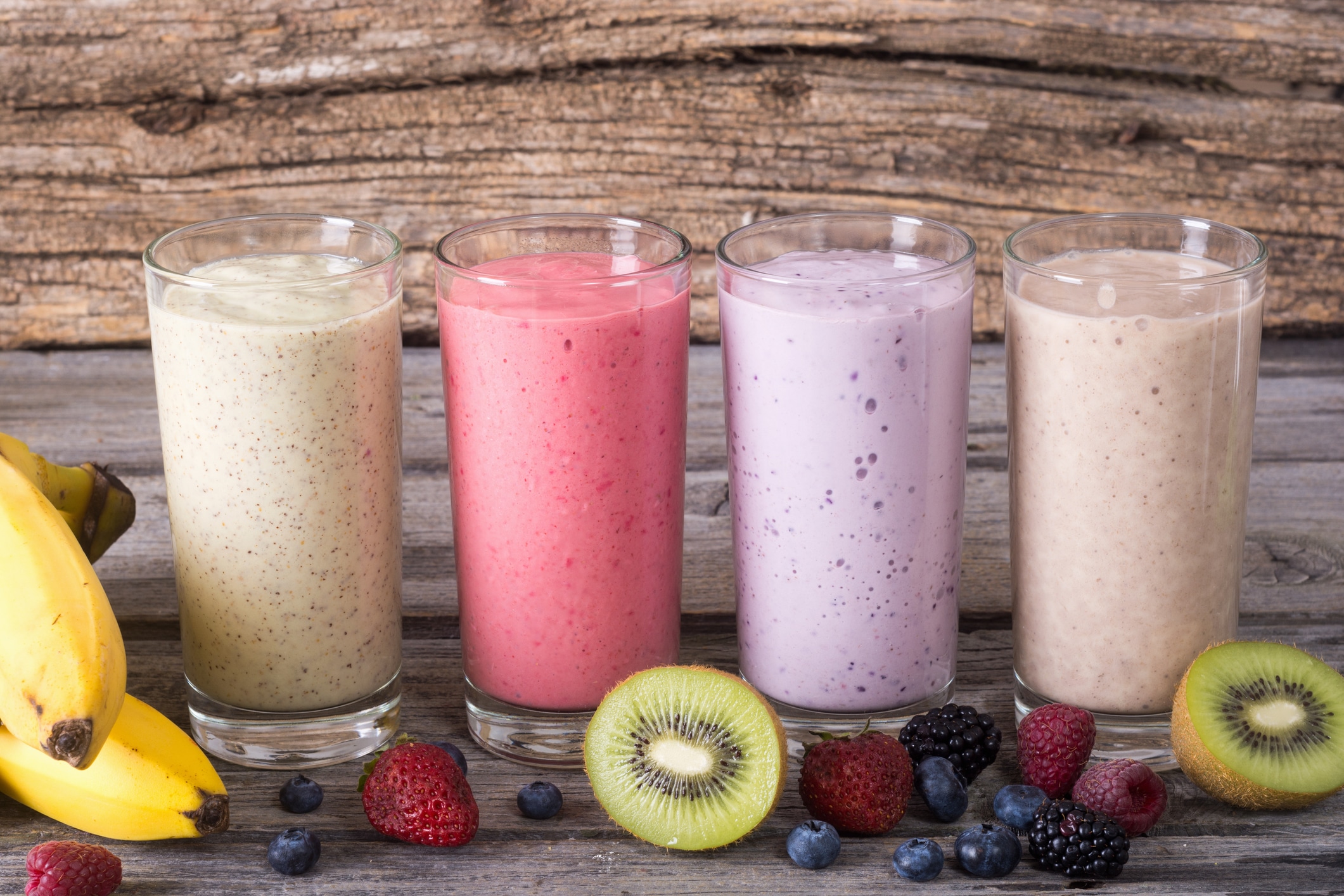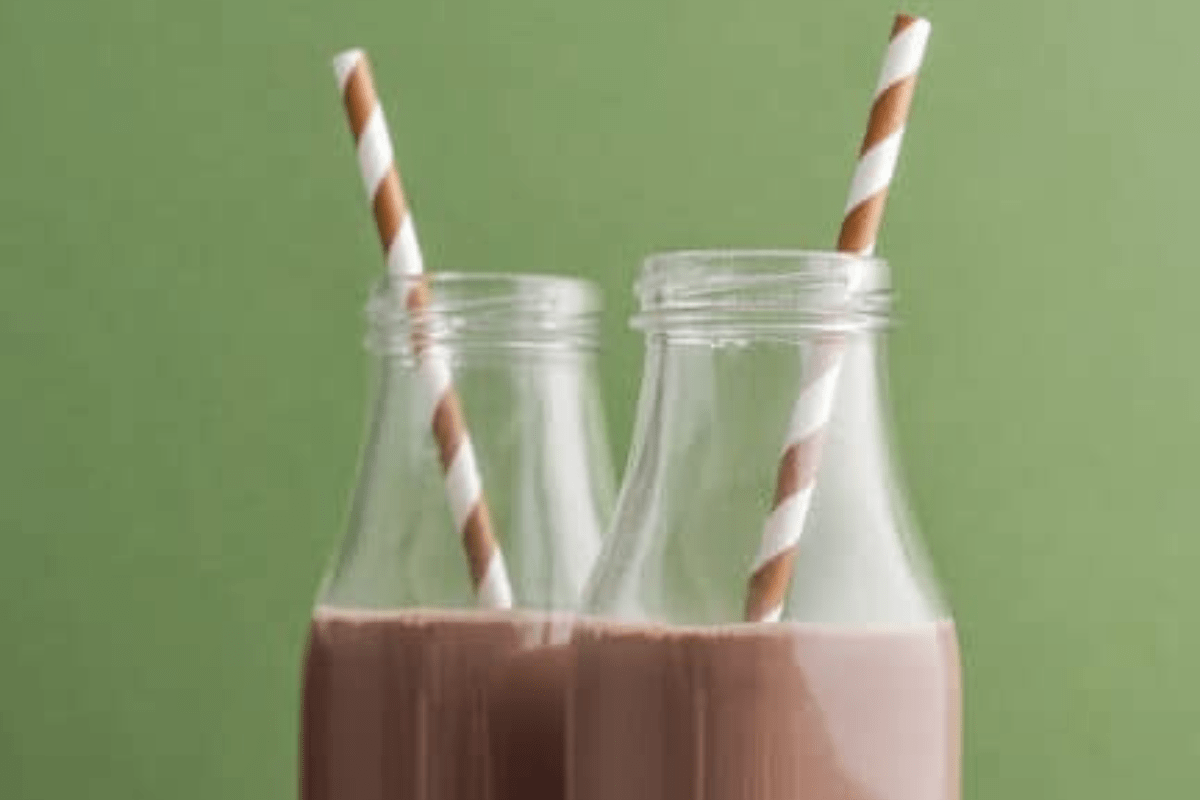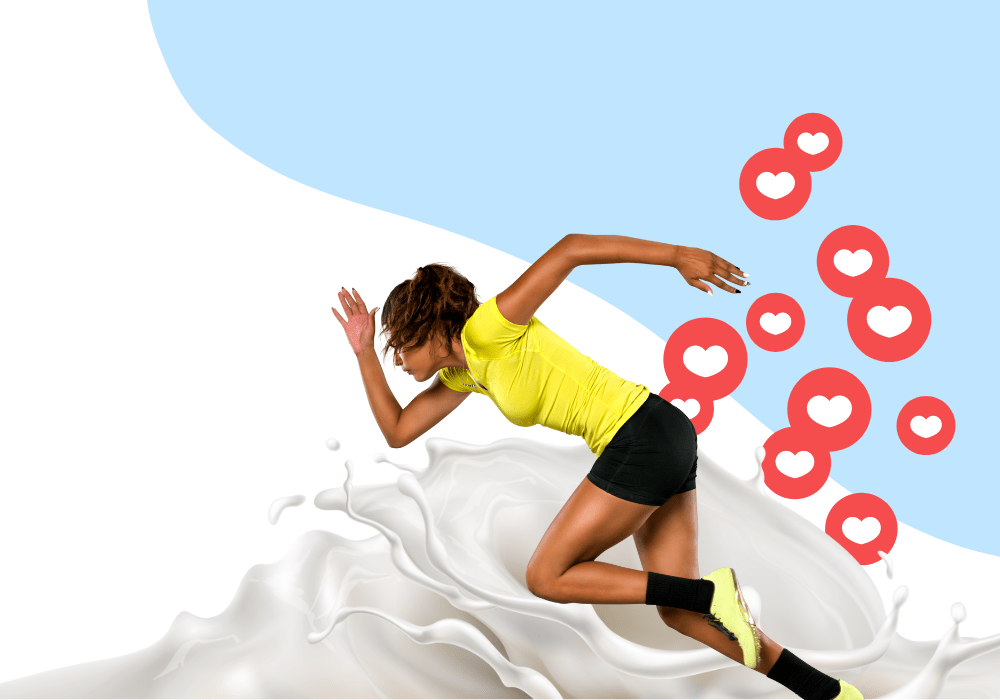Basketball is a high-intensity sport that requires endurance, strength and agility to perform at a high level. Basketball players jog, walk or even stop, with intermittent sprints, jumps and quick movements throughout the game.
A high school basketball game consists of four, eight-minute quarters of stop-and-go action with a 15-minute halftime. The season spans over a four-month-long period, starting in November and ending in March, and can include between 20-35 games. Many high school athletes play other sports or continue playing in other leagues like the Amateur Athletic Union (AAU) or a club team. Adequate nourishment and recovery throughout the entire year is crucial to maintain energy levels and support muscle repair and growth.
Nutrition Recommendations For Basketball
Eating balanced meals for breakfast, lunch, dinner, and snacks supplies the energy and nutrients needed for overall health and sports performance. That includes fuel for the brain and muscles to function properly as well as what’s needed to build and maintain lean body mass. Getting enough carbohydrates, protein and fat each day is critical to perform at a high level.
Carbohydrate
Carbohydrate is the predominant fuel used to play basketball. The total daily intake should make up over half of the total calories or energy intake. Basketball players need more than 5 grams of carbohydrate per kilogram of body weight each day, and between 7 and 12 grams of carbohydrate per kilogram of body weight on heavy training and competition days. For a 165-pound (75 kg) basketball player, that equates to over 375 grams of carbohydrate per day and between 525 and 900 grams per day on heavy training and competition days.
Sources of carbohydrate include starches and grains, like cereals, rice, pasta, bread, potatoes, sweet potatoes, beans, and starchy snack foods. Fruits, vegetables, milk and yogurt are also rich sources of carbohydrates.
Protein
Protein is another important nutrient for the basketball student athlete, as it plays a key role in building and maintaining all body tissues, enzymes, hormones and supporting immune health. Athletes require additional protein to assist in muscle repair and remodeling. The daily recommended protein intake for basketball players is between 1.4 and 1.7 grams per kilogram of body weight each day. For a 165-pound (75 kg) student athlete, that equates to between 105- 128 grams of protein. Ideally, protein intake should be spread out evenly throughout the course of the day.
Examples of protein-rich foods are Greek yogurt, milk, cheese, eggs, chicken, grilled fish, lean cuts of steak and pork, fish and other seafood. Plant-based sources of protein include beans, lentils and soy-based products like tofu.
Fat
Fat is also an important nutrient and a valuable energy source for student athletes. It helps regulate body temperature, cushion and protect organs, assist with nerve transmission, and transport fat-soluble vitamins. Certain fats, referred to as omega-3 fatty acids, have been shown to play a valuable role in inflammation and brain health. Unlike carbohydrates and protein, fat recommendations are not based on a gram per kilogram amount. Instead, they are based on total daily calorie needs. Once carbohydrate and protein needs have been determined, the remainder of calories needed to meet daily energy requirements should come from fat.
Examples of dietary fats include oils, margarine, avocado, nut and seeds. Omega-3 fatty acids, specifically, are found in foods like flaxseed, walnuts, salmon and other fatty fish.
The chart below gives an example of how carbohydrate, protein and fat intake can be distributed throughout the day for a 165-pound student-athlete.
Daily Nutritional Requirements for Basketball
| (Based on a 165 lb. Student-Athlete (75 kg) | ||||
| Carbohydrate | Protein | Fat | ||
| Daily Requirement
(Rest Days) |
greater than 5 g/kg/d | (1.4-1.7 g/kg/d) | Remainder of calories to meet daily energy requirement | |
| Daily Requirement: (During Rigorous Training & Competition) | 7-12 g/kg/d | (1.4-1.7 g/kg/d) | Remainder of calories to meet daily energy requirement | |
| Daily Total Intake
(Rest Days) |
minimum of 375 g/d | 105- 128 g | Varies based on daily calorie requirement | |
| During Training & Competition | 525-900 g | 105- 128 g | Varies based on daily calorie requirement | |
| Per Meal (3 Meals/Day) | 150- 270 g | 25-30 g | ~20-30 grams | |
| Per Snack (2 Snacks/Day) | 45 g | 20- 25 g | Minimum of 15 grams | |
*NOTE: Additional carbohydrates may be needed before, during & after training or competition to meet daily requirement
Source: Sports Nutrition: A Handbook for Professional
Fluids And Hydration
Maintaining proper hydration is essential for basketball players. Research shows that a fluid loss resulting in a 2 percent loss of bodyweight can negatively impact sports performance. The best way to maintain a healthy hydration status is to make sure you are drinking all day long. Start early in the morning and consume water or other beverages at regular intervals throughout the day. Additional fluids will be needed before, during and after training and competition.
Fueling and Hydrating Before, During and After Training and Competition
Fueling and hydrating for practices and games involves strategy and planning to ensure food and fluids are available as needed and timing is ideal. Applying the strategy during training is the best way to assure the food and fluids are well tolerated. Athletes should avoid trying new or unfamiliar food and beverages on game day.
Before
In preparation for basketball practice, athletes should make sure to eat and drink enough to maintain energy levels and adequate hydration. When time permits, eat a meal that is high in carbohydrate, moderate in protein, and low in fat and fiber about four hours prior to the start. Be sure to include 16-20 ounces of water with that meal, or around that mealtime.
In addition to eating a balanced meal in the hours before, athletes can make sure they start the game with proper energy stores by consuming extra carbohydrates in the 30-60 minutes prior to starting practice or a game. A smaller, high carbohydrate snack such as a banana, graham crackers, fig newtons or a sports drink are some examples. Also, plan to drink 8-12 ounces of water about 10-15 minutes before to make sure you are starting off well hydrated.
During
During practice or a game, try to drink 4-8 ounces of water or a sports beverage every 15-20 minutes. Taking these regular drink breaks during activity will help minimize fluid losses and support sports performance. Use longer breaks, like time-outs and the time between quarters and halftime, to refuel and rehydrate. Having a carbohydrate-rich snack at halftime, specifically, can supply energy for the second half of the game. Some easy to eat common choices for halftime are pretzels, sports gels or chews, sports drink, an orange or a banana.
After
After practice or a game, it’s important to rehydrate and refuel the body. Basketball players can do this by having a snack or meal that includes a combination of carbohydrates, protein, fluid and electrolytes. Eating a meal or drinking a recovery shake that includes those nutrients helps to replenish the muscle glycogen that was used during the game and supports muscle repair. The recommended carbohydrate intake after exhaustive activity is 1.0–1.2 grams of carbohydrate per kilogram of body weight. That means, a 165-pound basketball player should aim to ingest 75-90 grams of carbohydrate. Some players prefer the ease of liquids for recovery, like low-fat chocolate milk or a smoothie made with milk or Greek yogurt. Athletes who choose to refuel post-activity with something quick like that should also aim to eat a well-balanced meal within two hours to achieve full recovery.
Other Considerations
Fluid needs can vary greatly from one athlete to another. Some athletes are heavy sweaters and lose a lot of fluid and electrolytes, while others may not sweat much at all. For this reason, it makes determining your individual fluid needs a challenge. Knowing how much water you lose during practice or a game can guide in you determining how much fluid to consume. Pro Tip: Weigh in before practice, then again immediately after. The difference is how much weight you lost in fluid. Hydration recommendations are to drink 16-24 ounces of water or sports drink for every pound lost. That means, an athlete that lost 3 pounds will need to drink about 60 ounces of fluid to fully replace their losses.





